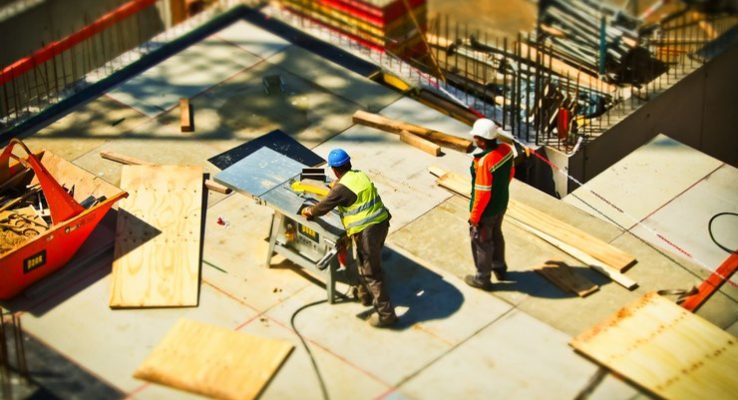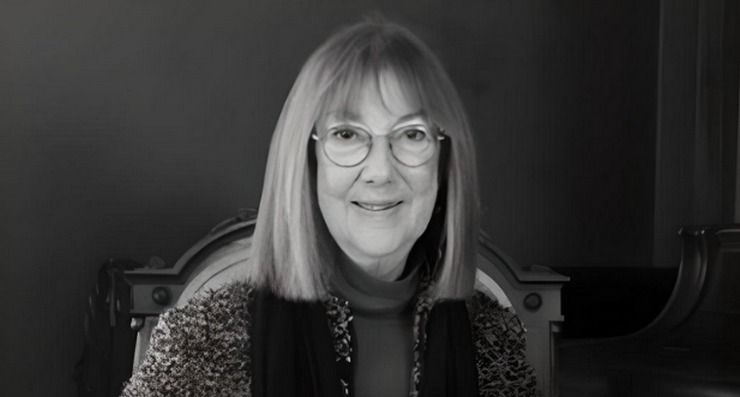
Although the city has already filed its appeal hoping to get a regional housing allocation shot down, some local residents want the city to accept the allocation and build nearly 10,000 housing units.
According to the California Department of Housing and Community Development (HCD), the city must build 9,409 housing units before 2029, including 2,379 very-low-income units, 1,659 low-income units, 1,562 moderate-income units, and 3,449 above-moderate-income units.
“Though the ‘affordable’ housing numbers are ‘high,’ I would like to remind you, that in the recent past, the city has allowed the development of more luxury high-end market units to be built and only a small amount of affordable housing,” wrote Connie Millsap Tamkin of the First United Methodist Church.
The city, like the state, is struggling with a massive housing shortage. Some rental units in Pasadena are going for more than $3.000 a month.
“Fighting the state is a losing battle on RHNA allocation does nothing to solve our affordable housing crisis,” said attorney Sonja K. Berndt, a former state prosecutor. “We recently closed several schools due to declining enrollment caused, in part, by our housing crisis. Families are moving away because they cannot afford to live here. We know that our economic disparities fall harder on women and people of color.”
According to city officials, the city has no chance of fulfilling the housing allocation.
The HCD determines the share of the state’s housing need for each region based on population projections prepared by the California Department of Finance and other factors identified in recent housing legislation.
Pasadena has the zoning laws in place to plan for meeting the projected benchmark. But Senate Bill 35, which became law in 2018, allows developers to skip parts of the city’s development process and override zoning laws depending on how far jurisdictions fall short in their RHNA numbers.
“Over 50 percent of our renters are rent-burdened; 27 percent spend more than 50 percent of their income on housing and there are over 27,000 on the Section 8 waiting list,” said resident Areta Crowell.
“No one wants to see more people experiencing homelessness. No one wants tent cities everywhere. No one wants more people sleeping on our streets,” Crowell said.
On Monday, the city appealed the near impossible numbers that would require the city to build on average 87 housing units every month for 108 months, all of which would have to complete the city’s design review, permit, and planning process before being built.
Winning an appeal is extremely unlikely. Appeals cannot be granted based on a local jurisdiction’s existing zoning ordinance and land-use restrictions, local ordinances, policies, voter-approved measures or standards limiting residential development, prior underproduction of housing in a jurisdiction from the previous regional housing need allocation.
Following the conclusion of the filing period, all jurisdictions will be notified by SCAG of all appeals filed. Per state law, jurisdictions and HCD will have 45 days to comment on filed appeals. Within 30 days of the end of the appeal comment period, SCAG must conduct public hearings to hear all filed appeals.
The hearing body will be the RHNA subcommittee, which will be known as the RHNA Appeals Board. All decisions made by the appeals board will be considered final and not reviewed by any other SCAG committee or the regional council.














 0 comments
0 comments


